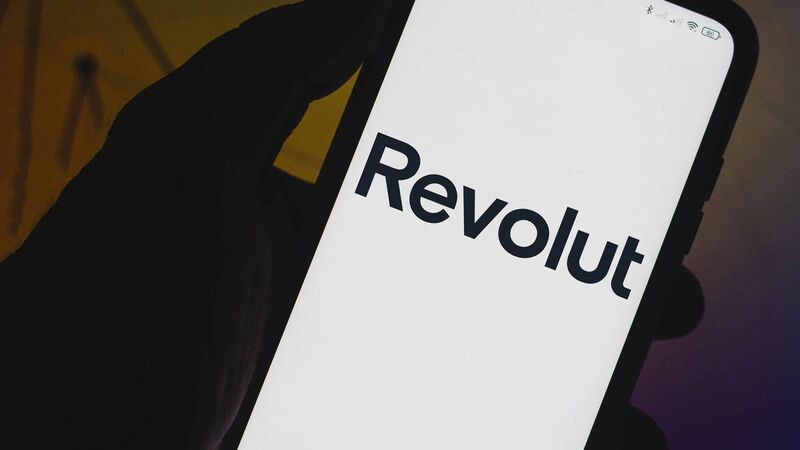Explainer: What Revolut's new Irish IBANs mean and what customers can expect

Holding an Irish IBAN will make it easier to use Revolut as a primary account where you can get your salary paid directly into your account, make payments via direct debit and pay bills more easily.
Global banking app, Revolut has announced significant changes affecting it's two 2m Irish customers, which in the coming months will see all users receive a new IBAN.
The changes come as the company moves to set up an Irish branch of its European business, Revolut UAB, which all customers will now be migrated to.










